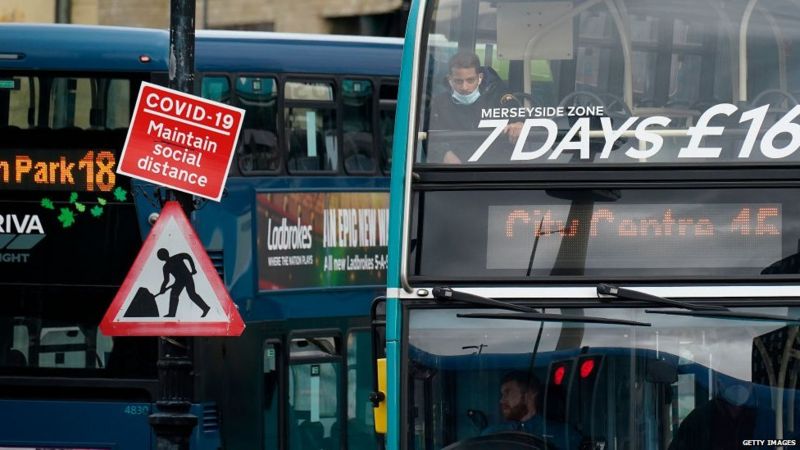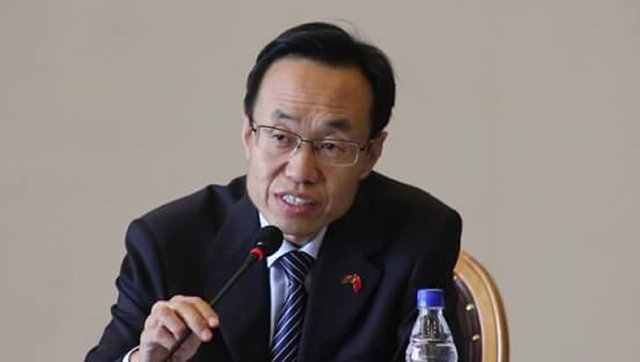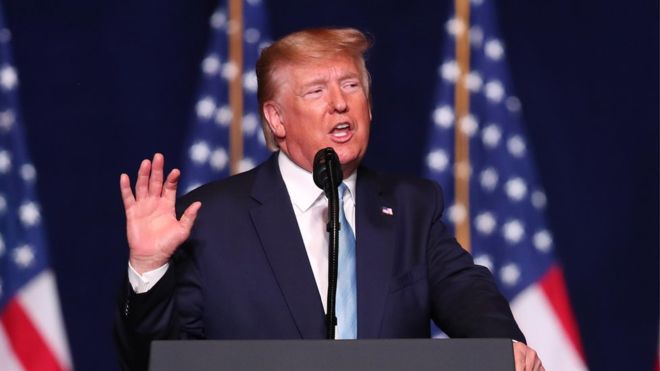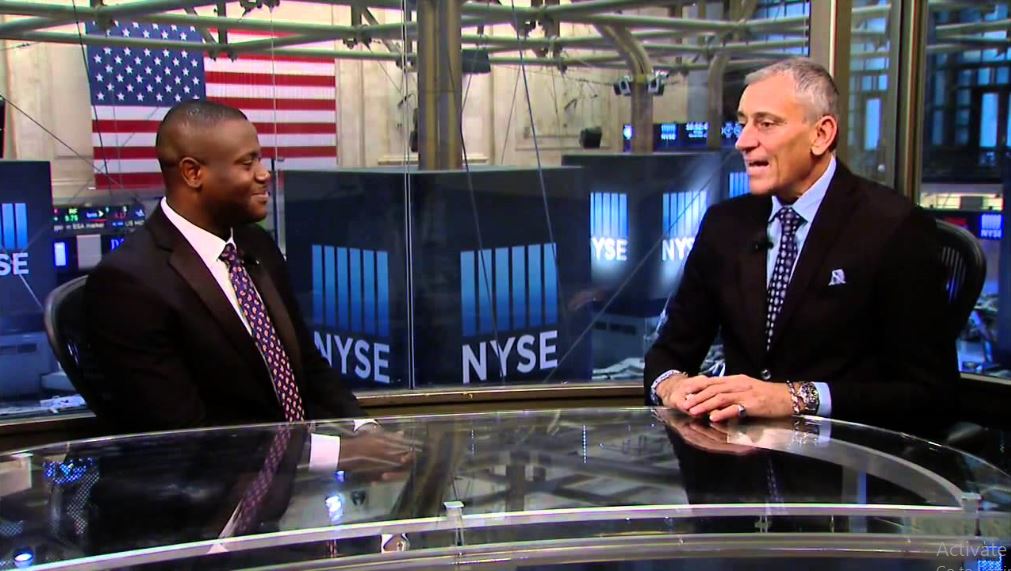Covid-19: New local lockdown restrictions in England to be unveiled

The Liverpool City Region is expected to face the tightest restrictions under a new “three tier” system, which will classify regions as being on “medium”, “high” or “very high” alert.
Steve Rotheram, the city region’s mayor, says negotiations have taken place through the night but “no deal” has been agreed yet.
Talks between local leaders in England and Westminster continue.
Liverpool recorded 600 cases per 100,000 people in the week ending 6 October. The average for England was 74.
The Liverpool City Region includes the local authority districts of Halton, Knowsley, Sefton, St Helens and Wirral, as well as Liverpool.
Gyms, casinos and pubs are among the businesses which are expected to be impacted by the top-level restrictions, with new curbs to be reviewed after a month.
Prime Minister Boris Johnson is chairing a meeting of the emergency Cobra committee “to determine the final interventions”.
He will then announce changes in the Commons, before speaking at a Downing Street press conference at 18:00 BST.
The prime minister is expected to be joined by Chancellor Rishi Sunak and England’s Chief Medical Officer, Prof Chris Whitty.
Under the new system, tier 3 is expected to involve the tightest restrictions.
Mr Rotheram told BBC Breakfast he wanted “some surety from national government that if we hit some milestones we can come out of tier 3 very quickly”.
He said the government had been clear the Liverpool City Region would be placed in the highest category, with “no ifs, no buts”.
He said it had already been agreed that there would be more local control over track and trace and enforcement measures but there was still some reassurance needed on wider financial support for businesses which would be severely impacted by going into tier 3.
Mr Rotheram has previously warned the government “can’t do lockdown on the cheap” and called for support for the city region.
He said the government should pay 80% of workers’ wages – as was the case under the furlough scheme – if their employers are shut down, rather than the 67% to be paid under the expanded Job Support Scheme.
In a video posted to his Twitter account on Sunday, he warned the region would not accept a “lower rate” of financial support, especially when it had a “huge, disproportionate number working in the visitor economy – people who are on less than £9 an hour”.
A joint statement from Mr Rotheram, Joe Anderson – the mayor of Liverpool (the city, as opposed to the region) – and the leaders of the city region’s other authorities reiterated that an economic support package has not yet been agreed.
“If pubs, bars and other hospitality and leisure businesses are forced to close, there must be appropriate support for them and their staff,” they said.
They also called for a “clear definition of the exit strategy” from tier 3.
Calum Semple, professor of outbreak medicine at the University of Liverpool and a member of the Scientific Advisory Group for Emergencies (Sage), told BBC Breakfast: “Most of the outbreaks are happening within and between households and then after that, it’s in the retail and hospitality sector.
“So, the major issue here is to focus on the cities and areas with the largest outbreaks and sadly my home city of Liverpool is being hammered at the moment. These restrictions are necessary.”

New approach prompts countless questions

This will mark the start of a distinct new phase in how the pandemic is managed in England.
But it won’t quite be like Jeremy Vine dancing around a map on election night and every region going a particular colour immediately.
A picture will emerge relatively quickly, but far from all of it today.
Not least because in the one corner of England where an announcement did look imminent — the Liverpool City Region — there is last-minute delay.
The idea behind the tiers is to make things easier to understand.
But agreeing the tiers and the thresholds between them is difficult, and has taken weeks.
The desire for relative simplicity collides with the reality of complexity: different regions in different circumstances with different leaders.
This new approach sparks countless questions – on what basis will regions be categorised? How clear and public will the criteria be? What will be the exit strategy?
Today should provide some answers, but it won’t provide them all.

It was thought Manchester might also be included in tier 3, but the BBC understands there have been no contacts between ministers and political leaders in Greater Manchester since Friday night.
Sacha Lord, Greater Manchester’s night-time economy advisor, has started legal proceedings to challenge any restrictions on hospitality and entertainment venues in the north of England.
He said there was “currently no tangible scientific evidence to merit a full closure” of the sectors and that local leaders’ requests for evidence had been “ignored”.
Greater Manchester Police handed out more than 70 fines over the weekend for breaches of coronavirus laws.
On Saturday, officers broke up a party of as many as 100 students at a property in south Manchester, issuing seven fines and a noise abatement order.
Jim McMahon MP, Shadow Transport Secretary told the Today programme the government had been “aloof” in dealing with council leaders and mayors. This “snowballs into growing distrust”, he said but this week was an opportunity to “reset”.
BBC.COM





